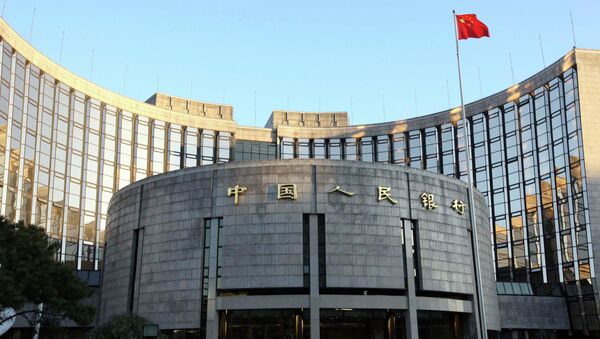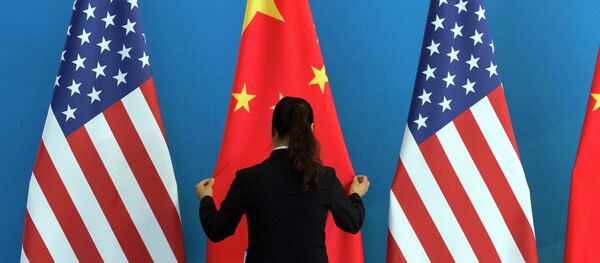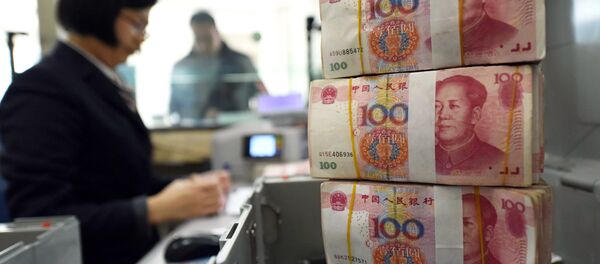The directive imposed a veto until September 2017 on overseas investment deals of over $10 billion and on M&A deals of over $1 billion. Moreover, the directive presumes control over investments in construction and overseas properties worth more than $1 billion.
According to South China Morning Post, the directive also told banks that their domestic customers must check with the Beijing regulators before transferring $5 million or more out of the country.
The restrictions came amid two milestones achieved by China in the investing sphere. In late-September, it was reported that China became the second-largest global investor, after the United States. Moreover, Chinese companies have invested over $120 billion in M&A deals, the most in the world.
According to an internal document from the Central Bank, from January to October in 2016, a total of two trillion yuan ($290 billion) in capital left China to overseas markets.
The restrictions imposed by Beijing shows that the Chinese government understands the importance of this problem, said Nikita Maslennikov, an expert at the Institute of Modern Development.
"In terms of capital outflow dynamics, China is now the leader. This trend has been visible for the last 18 months. According to estimates, the corporate debt load of Chinese companies has reached nearly 160 percent of GDP. Chinese companies understand that sooner or later this bubble could burst, and this is why capital is leaving China," Maslennikov told Sputnik Chinese.
He added that another reason is that debt servicing is getting more and more expensive due to the strengthening of the US dollar.
The US Federal Reserve is expected to raise interest rates on December 14, and this will create additional difficulties for Chinese companies to service their debts.
"Debt servicing means capital outflows. Chinese regulators want to control this process because capital outflows are compensated from international reserves. This creates risks for the national financial stability. They want to control capital flows in order to prevent corporate debt servicing from posing a threat to country’s financial stability," Maslennikov explained.
Moreover, recently the volatility of the yuan has increased. The Chinese currency is now devaluing at an unprecedented pace. Experts say that the devaluation is likely to further continue. The fact that there are regular yuan and offshore yuan in China creates opportunity for speculations.
Speculative capital flows significantly damage China’s financial stability, according to Yakov Berger, an expert at the Institute for Far Eastern Studies.
"Amid the global financial uncertainty, capital outflows in many countries, including China, have intensified. The Chinese regulator want to stop speculations when money disguised as investments leave China and then is invested in less risky funds. This is 'hot money' that comes to China and goes," Berger told Sputnik China.
According to a UN report published in late-2015, only 50 percent of Chinese overseas companies generated profits while 25 percent of them were loss-making.
"The decision to tighten control over capital outflows may also be aimed to calm foreign investors. They are concerned about growing debt servicing risks in China. This could result in negative consequences for global operations with Chinese assets," Maslennikov suggested.
Wang Zhiming, director at the Center for Globalization and Development of China, said that the new moves by the Chinese government aim at curbing the risks coming from global economic turbulence and a depression in international trade.
"The majority of Chinese companies investing abroad are state-controlled. This is why a risk for the assets of those companies is always a risk for country’s financial stability. So, the government tries to control overseas investments," Wang Zhiming said.








